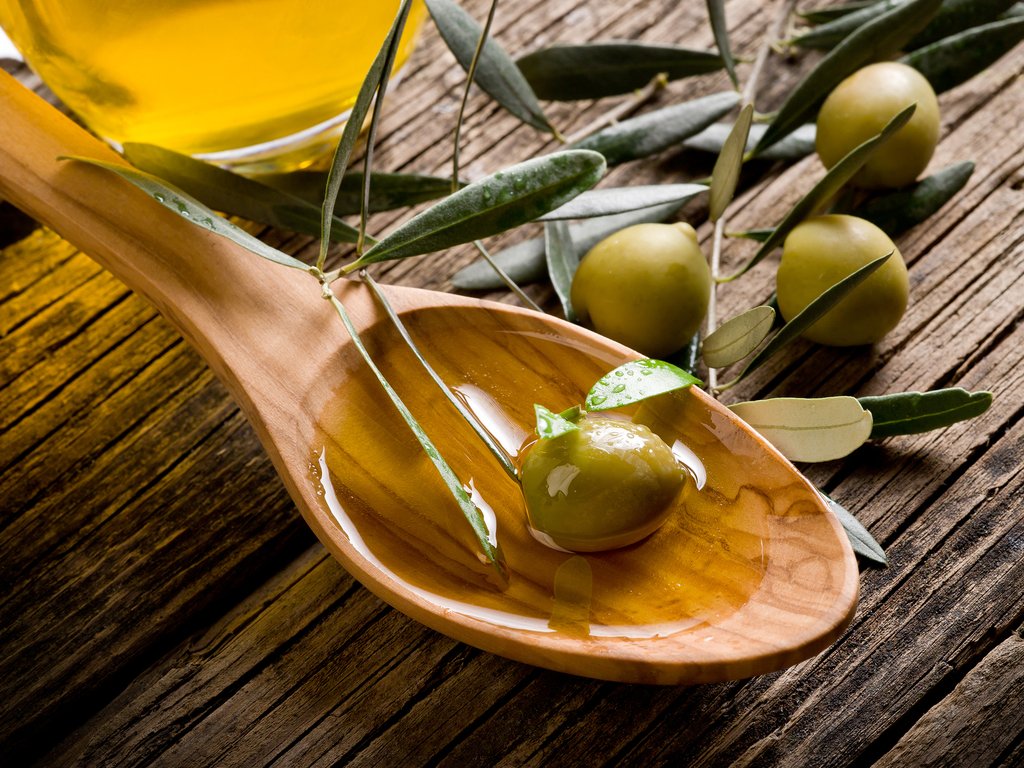Tunisia Has a Plan to Boost Its Olive Oil Industry

Tunisia’s Ministry of Agriculture, Water Resources and Fisheries will announce a new strategy to promote olive growing and olive oil production over the coming decade, according to Agence Tunis Afrique Presse (TAP), which obtained a copy of the plan.
The goal is for Tunisia to produce 250,000 tons of extra virgin olive oil each year, export 200,000 tons of olive oil annually and raise domestic consumption to 50,000 tons annually by 2035.
According to data from the International Olive Council, Tunisia produced an average of 228,000 tons of olive oil each year over the past half-decade, including a record-high 440,000 tons in the 2019/20 crop year.
IOC data also indicates that average annual exports were 216,000 tons over that period, although exports reached a six-year low in the current crop year. Meanwhile, consumption has remained relatively low at an annual average of 33,600 tons.
According to TAP, the ministry plans to improve production by renewing 1,000 hectares of old olive groves each year, planting new varieties and converting 10,000 hectares of rainfed groves to super-high-density plantations annually. About 93 percent of Tunisia’s olive groves are rainfed.
Amid a disappointing harvest in 2020/21, Ajmi Larbi, the head scientist at the country’s Olive Institute, said the lack of irrigation and poor farming practices were inhibiting producers from consistently achieving higher yields.
He added that better pruning practices and other agronomic techniques would vastly improve yields and minimize the significant gap between ‘on-years’ and ‘off-years’ in the North African country.
The ministry’s strategy also includes restructuring how the sector is governed, investing in mills to improve quality, more funds to improve scientific research programs and partnerships with the private sector to develop an analytical database.
According to Tunisia’s National Olive Oil Office (ONH), investing in quality is the best way to improve the economic situation of growers and make the sector sustainable in the long run.
The organization believes this focus on quality will facilitate the increased export of individually packaged olive oil exports, which are far more profitable for producers than the traditional bulk exports with which the country is associated.
In its strategy, the ministry also plans to expand Tunisian olive oil exports. About 95 percent of all Tunisian olive oil exports are destined for Europe and the United States. However, the ministry is now looking east to develop closer ties with Japan, China, India and African countries.
Ongoing efforts from officials, the government and producers have already started to bear fruit. Last month, Tunisian trade officials announced that the country would increase its exports to South Korea, which is the world’s twelfth-largest olive oil importer.
According to Tunisia’s National Observatory of Agriculture (Onagri), the country is also well-poised to tap into the growing organic olive oil market, with the amount of organic exports rising to roughly half of the country’s annual production totals.
Notably absent from the strategy is how Tunisian growers will contend with the impacts of climate change in the increasingly hot, dry and wildfire-prone country.
A report published by Onagri estimated that olive oil production could fall to an average of 61,000 tons annually, citing warmer winters preventing trees from receiving necessary chill hours, higher springtime temperatures interfering with blossoming and longer periods of drought.
Read also
Wheat in Southern Brazil Impacted by Dry Weather and Frosts
Oilseed Industry. Leaders and Strategies in the Times of a Great Change
Black Sea & Danube Region: Oilseed and Vegoil Markets Within Ongoing Transfor...
Serbia. The drought will cause extremely high losses for farmers this year
2023/24 Safrinha Corn in Brazil 91% Harvested
Write to us
Our manager will contact you soon



